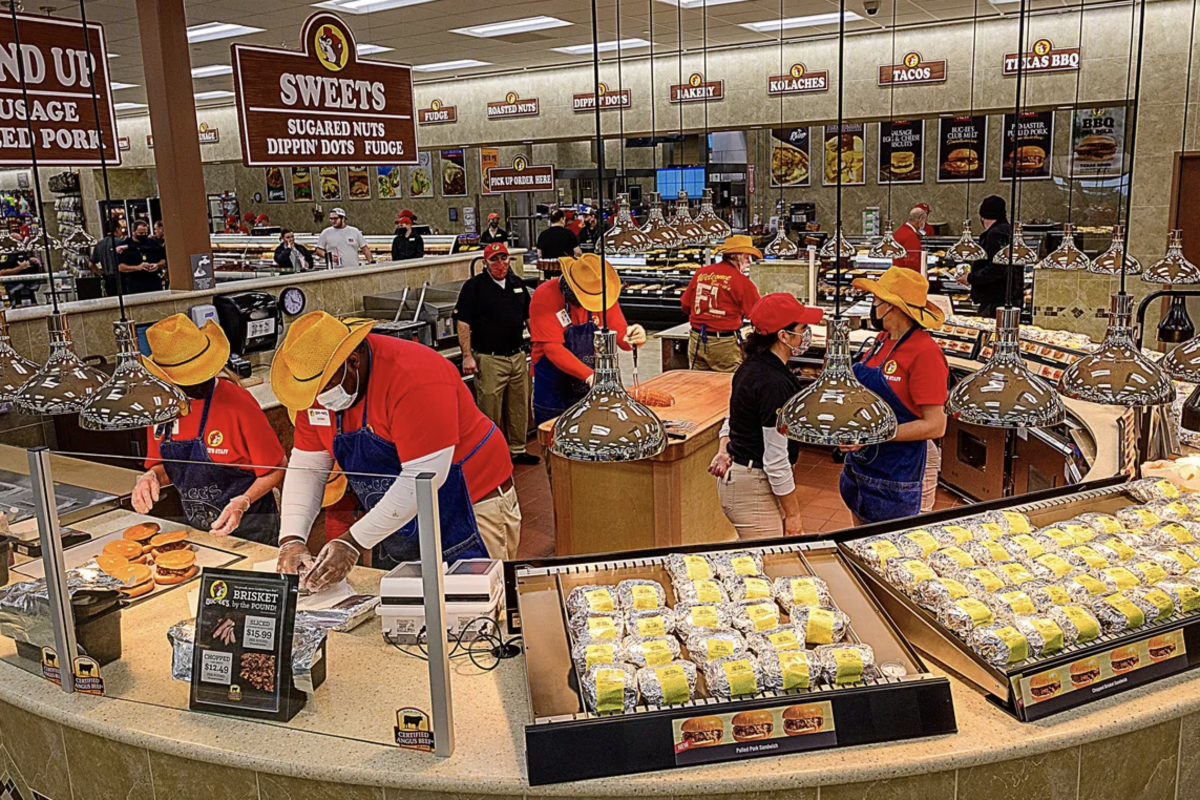One of the most influential innovators in psychology was the American psychologist and philosopher Abraham H. Maslow (1908-1970), who developed a transpersonal theory of human needs. Maslow believed that people are not merely controlled by mechanical forces (the stimuli and reinforcement of behaviorism) or the unconscious instinctual impulses that psychoanalysis emphasizes. Rather that individuals possess a unifying directional tendency toward self-mastery, and so, Maslow preferred to focus on human potential, believing that humans strive to express their capabilities fully, and that this is the basis for happiness.
Maslow developed this theory by studying exemplary people such as Albert Einstein, Abraham Lincoln, Thomas Jefferson, Albert Schweitzer, Eleanor Roosevelt, and Frederick Douglass rather than mentally ill or neurotic people, writing that “the study of crippled, stunted, immature, and unhealthy specimens can yield only a crippled psychology and a crippled philosophy.”
I have extended Maslow’s philosophy to healthy brands and believe that the study of exemplary companies and brands should lead to the development of an equivalent positive and more humanistic theory of organization, business and brand growth.
Individuals who seek the frontiers of creativity and strive to reach higher levels of consciousness and wisdom, were described by Maslow as ‘self-actualizing’ individuals.
Therefore, transformational psychology is not therapy, but rather, information and techniques to enable healthy persons to make their lives even better, to fulfill their potential. Equivalently, corporations can follow this model to enable transformation at an organizational level. Most companies today study behavior based theories to inform marketing as a basis for understanding consumers’ motives for action. But rarely do companies look inward to understand their own evolution and meaning by applying Maslow’s psychology of human potential to their own organizations development potential. As you can see below, Nike chose the latter course in the development of its successful ‘Just Do It’ campaign.

Let’s take a closer look at Maslow’s Hierarchy of Needs. His hierarchy is usually portrayed in the shape of a pyramid, with the largest and most fundamental levels of needs at the bottom, and the need for self-actualization at the top.
The most fundamental and basic four layers of the pyramid contain what Maslow called ‘deficiency needs’ or d-needs – these include security and physical needs, as well as self-esteem, friendship and love. Maslow’s theory suggests that the most basic level of needs must be met before the individual can focus motivation upon the higher-level needs, which are called ‘being needs’ or b-needs – existential or spiritual needs like creativity, aliveness, fulfillment and meaning.

For corporations, the ‘deficiency needs’ or d-needs include basic profitability and operational functionality needs, like finance, project management, HR, etc. The corporate extension of Maslow’s theory suggests that these basic needs must be met before the company can focus motivation upon the higher-level needs, which are called ‘being needs’ or b-needs – existential or spiritual needs like innovation, business creativity, aliveness, fulfillment and brand meaning.
What Maslow wrote about self-actualizing people, can easily be extrapolated to business entities:
- Self-actualizing brands embrace the facts and realities of the world (including themselves) rather than denying or avoiding them.
- Self-actualizing brands are spontaneous in the generation of ideas and agile in the execution of actions.
- Self-actualizing brands are creative.
- Self-actualizing brands are interested in solving problems; this often includes the problems of others. Solving these problems is often a key focus in their lives.
- Self-actualizing brands feel a closeness to the human condition, express respect for all people, and generally are life-affirming.
- Self-actualizing brands have a system of morality that is fully internalized and independent of external authority.
- Self-actualizing brands have discernment and are able to view all things in an objective manner. Prejudices are absent.
The companies we admire are similar to people we admire. Toyota’s executives imagined the Prius. Google is able to recruit the best and the brightest with an actualization-focused culture. These are values we support, and the companies that embody these values will win our patronage. As a result, they are passionate, smart, resilient, original and forward-thinking. They are actualized in terms of “being all they can be.” They are, more or less, able to transcend the survival-driven fear of the quarterly earnings report and also focus on the higher success and transformational needs of their employees, customers, vendors, and investors, even if the quarterly earnings are down because you’re making an investment in your values and your future.
These and other insights into brand truth, purpose and deep campaigns is covered in greater detail in my new book, Soulful Branding – Unlock the Hidden Energy In Your Company and Brand.
The Blake Project Can Help: Please email us for more about our purpose, mission, vision and values and brand culture workshops.
Branding Strategy Insider is a service of The Blake Project: A strategic brand consultancy specializing in Brand Research, Brand Strategy, Brand Licensing and Brand Education




